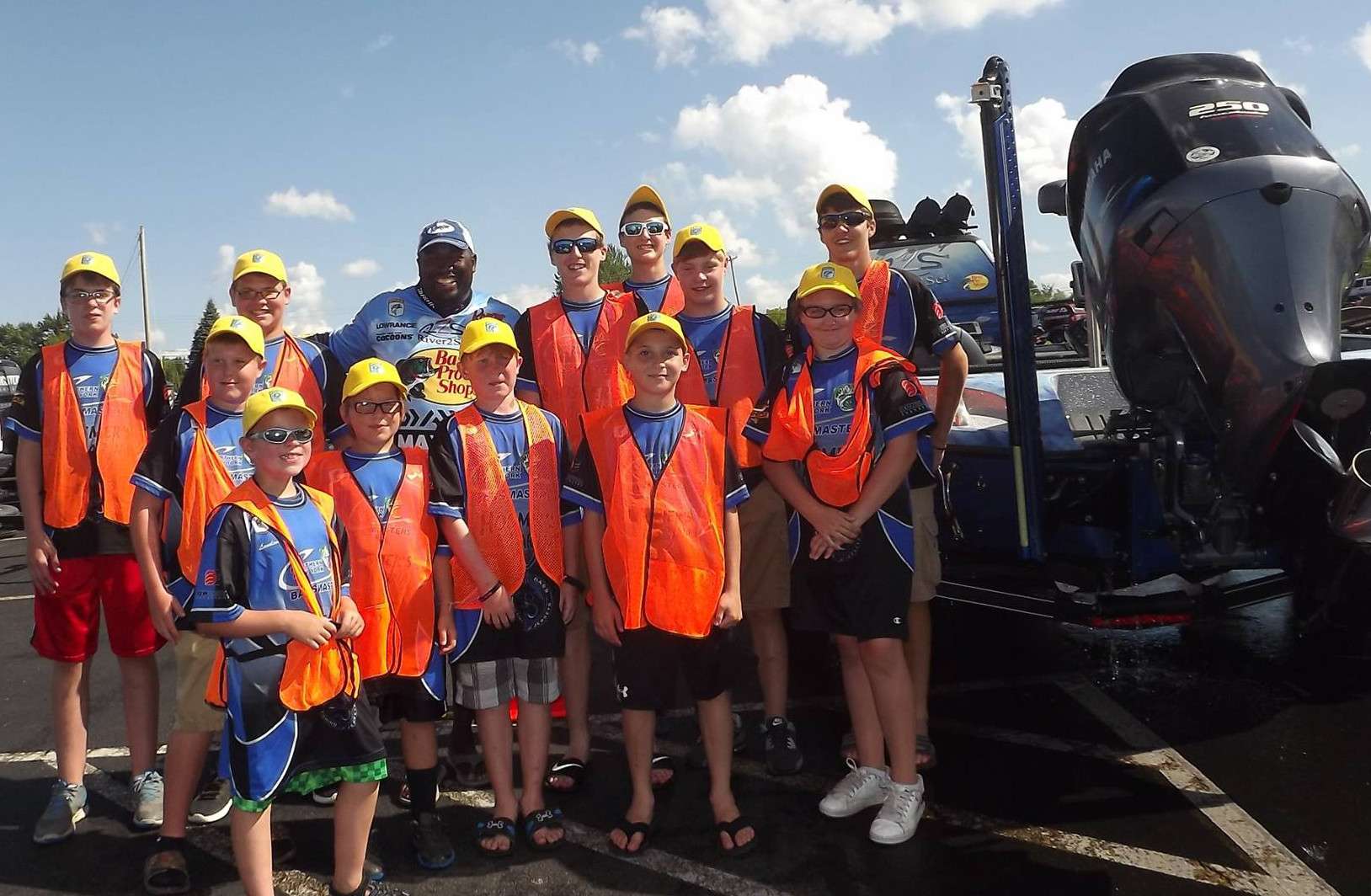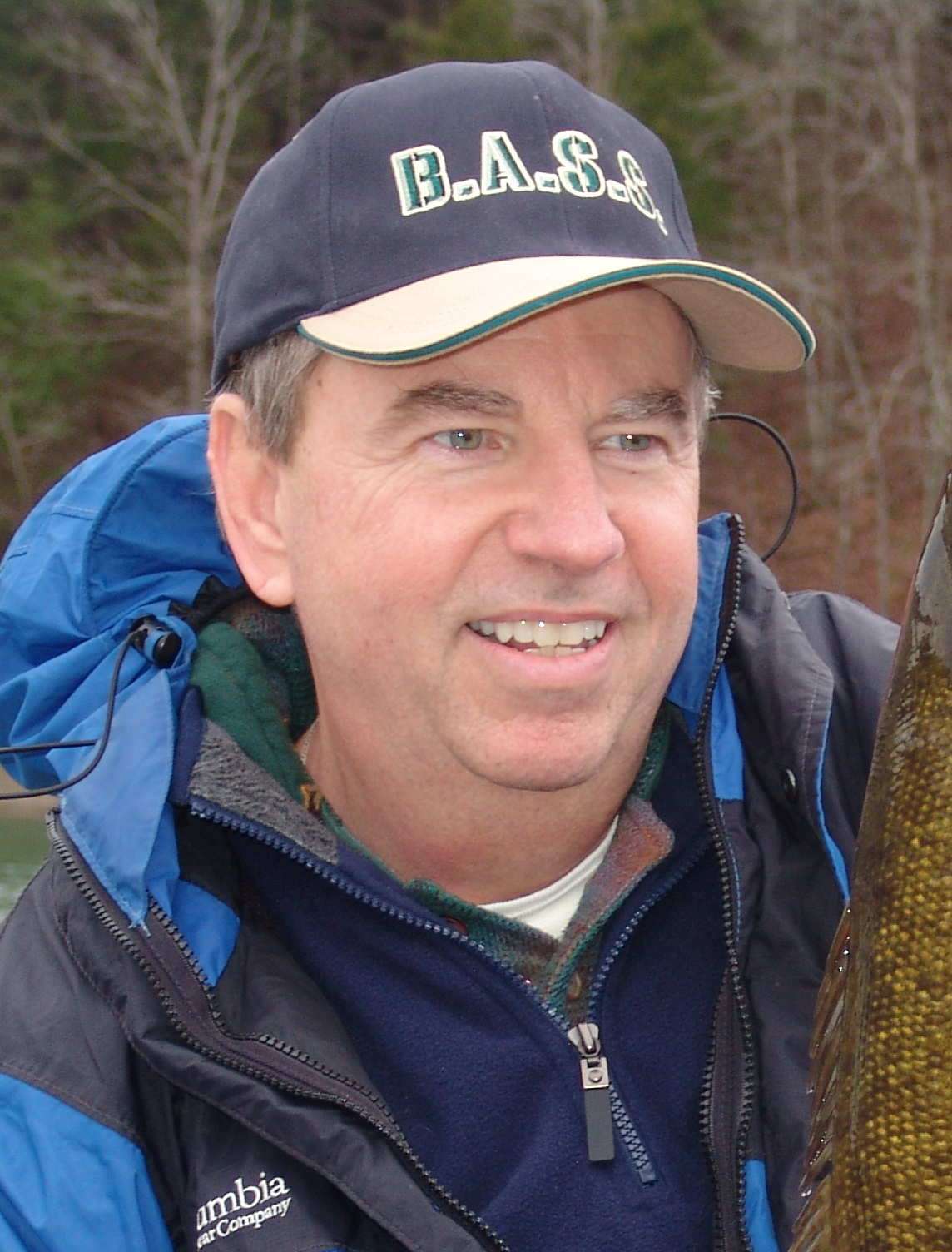
SARATOGA SPRINGS, N.Y. — As a boat washing station similar to those on Lake George is planned for Saratoga Lake, the president of the New York B.A.S.S. Nation is concerned that lakefront property owners and lake associations will attempt to limit public access by using new programs intended to prevent spread of invasive species.
“While not mandatory, the boat cleaning is arriving at Saratoga Lake and will set in motion additional regulations that will inevitably lead to restricted access,” said the president, Fred Blom. “And, again the price will be paid by added fees and diverted resources.”
At Lake George, meanwhile, boats that show visible signs of invasives such as zebra mussels or Eurasian milfoil must be washed and decontaminated. The requirement coincides with a “Clean, Drain and Dry” regulation that the Department of Environmental Conservation (DEC) adopted last year. Additionally, DEC is drafting regulations to comply with a comprehensive state law that will apply to all public boat launches in the state.
An independent state agency, the Lake George Commission, sets policy for that world-class bass fishery, Blom explained.
“Because the Commission controls the whole lake, it initiated a five-year program to implement mandatory boat cleaning stations, increased fees and decreased launch availability, all in the name of invasive control,” he said.
“In 2014, and again this year, they will use a grant of $500,000 to pay for the labor.”
That money comes in the form of a DEC grant, Blom added, and “is taking money away from other DEC projects and paying the labor to make access to the lake so difficult that, in effect, there are no bass tournaments on Lake George anymore.”
Gene Gilliland, national conservation director for B.A.S.S., cautioned that bass anglers must not forget that invasive species are a legitimate threat, with a coordinated effort needed to keep them from spreading.
“There are real and serious environmental concerns, and opposing these restrictions puts us at odds with both the lake associations and DEC,” he said. “Costs associated with controlling invasives once they are in a system could far exceed the cost of prevention and irreparably damage natural ecosystems.”
For the short term, he explained, anglers and tournament organizations should meet with associations to voice their concern about the loss of access and possibly work out some kind of compromise.
“Failing that, embrace the rules to show the associations that bass anglers really do care about the environment and want to protect it,” said Gilliland.
“For the longer battle, we must find allies in the fight who will be harmed economically when tournaments go elsewhere, and compile data to prove harm,” Gilliland said.
“If enough local businesses cry out to legislators and bureaucrats about loss of revenue and jobs, that could help swing things our way and gain broader public support for a compromise solution.”
But Blom emphasized that a stated goal to control invasive species also can be a smokescreen for a desire to limit access, as he has seen at Lake George, which is a prime vacation spot for residents of New York City and Boston.
“The commission and key residents and businesses became concerned with the privacy of the lake in the 1990s,” he said. “There’s no real connective documentation, but certainly rules and regulations were aimed at curtailing day use.”
The latter included increasing launch fees, as well as requiring permits for all boats using the lake. Additionally, no tournament permits could be issued out of the community of Lake George at the south end of the lake.
Then, during the 1990s, Chinese clams were discovered at a beach.
“That began a new battle cry to ‘protect our lake,’ and a campaign that was less than 100 percent accurate about invasives,” Blom said. “While never publicly stated in official documents, comments in local press and actions of the commission clearly addressed just one factor, day use access.”
By 2013, restrictive and expensive (especially for anglers) regulations required inspections, fines, steam cleaning and a system of tagging boats to trailers at the launch sites.
“The fine part was aimed directly at tournament anglers,” Blom added. “No one said day use couldn’t be done. They just made it expensive.”
Now lake communities and associations from the Adirondacks to the Finger Lakes want to follow Lake George’s lead.
“All of these other entities do not have the luxury of a controlling board,” said Blom, “but all of them are using the same approach: Invasives are bad, and day-use boaters, especially tournament anglers, bring invasives to ‘our’ lake. We need to control these day-use boaters.”
While the DEC publicly states that it never will allow communities to ban access, the caveat is that it does not care what the cost of access is, he added.
“There are reasonable people on both sides, but there are fringe elements that have drawn battle lines. People living on lakes, having spent $1 million or more for their property, have an expectation of entitlement.
“On the other hand, public means public.”

